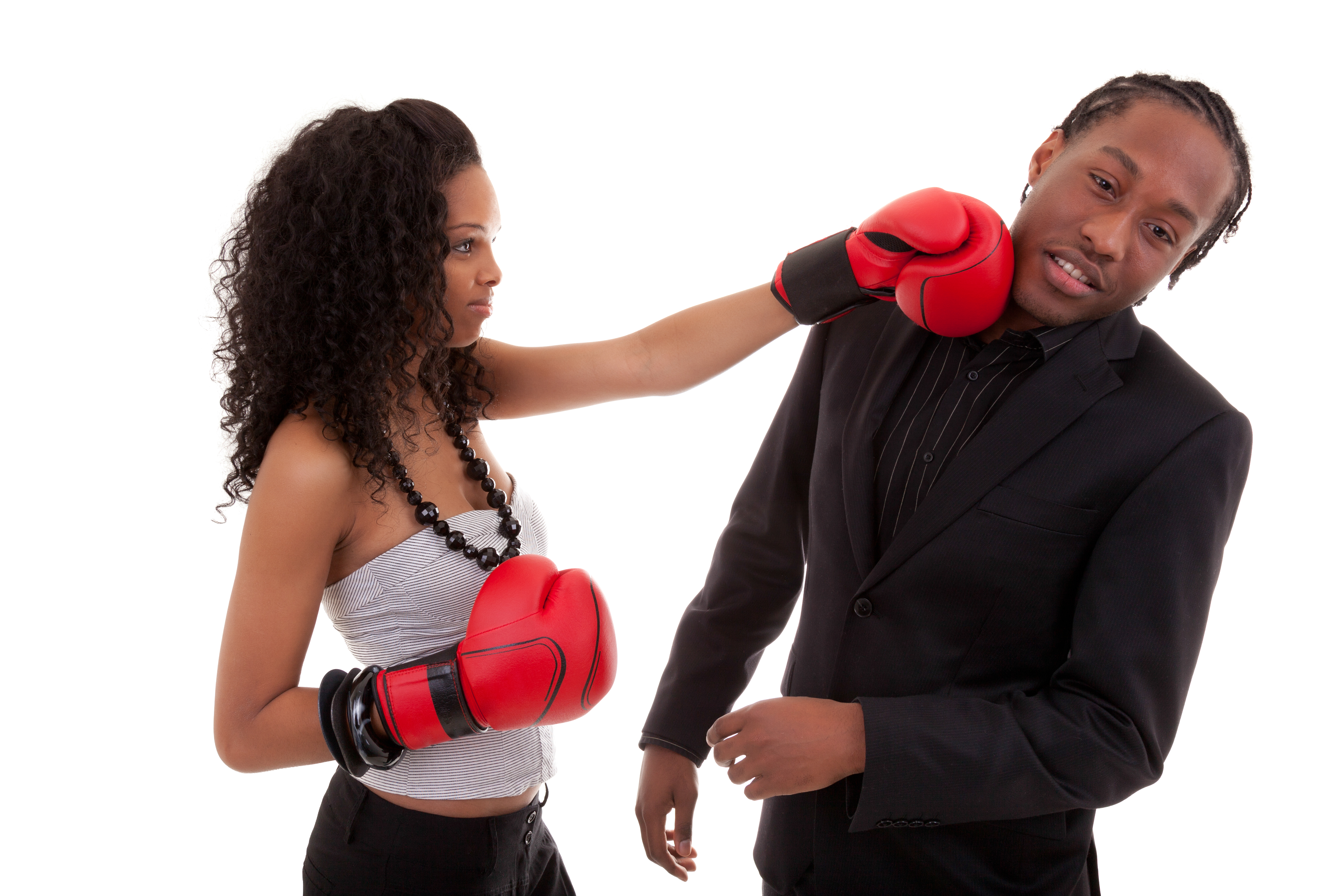Our movement can no longer tolerate blacks who give “reasons” why they don’t buy black. The issue is not the quality of the businesses so much as how we often (unconsciously) view them through an anti-black lens. Believe it or not we as black people see the world through such a lens, often. When I’m on the subway and a noisy crowd of white teenagers board I roll my eyes. But when a crowd of noisy black teenagers board I cringe, become angry and urgently want them gone. My harsh reaction to the black teenagers reveals that I, on some level, wear anti-black goggles when viewing the world. Those goggles are hurting our entrepreneurs and ultimately, black power.
A classmate from undergrad tagged me in an Instagram post which asked people to identify reasons why black businesses fail. The IG post had over 30,000 likes and a slew of comments, most of which were laughable. Repeatedly, people cited “bad customer service,” operators who are “rude” or have “bad attitudes” and of course, “high prices.” We say these things when we have our goggles on. Ironically, I read those comments minutes after reading Wells Fargo found an additional 1.4 million fake accounts its employees opened without the consent of customers; that adds to the initial 2.1 million phony accounts found last year. Wells Fargo literally stole from millions of their customers but they are the white teenagers on the train.
Black people — who most likely grew up and still live in black neighborhoods — were the overwhelming majority of the post commenters (regardless of income blacks still tend to live in segregated neighborhoods). There’s no way poor customer service is deterring them. These same people have always lived in neighborhoods filled with stores run by foreigners whom they routinely condemn for their lack of customer service. Still, they support them. Language barriers often complicate the shopping experience. We are generally made to feel our money is desired but not our presence. The feeling is so prevalent that is was portrayed in Menace to Society and later parodied by the Wayans in the infamous “hurry up and buy” scene from Don’t Be a Menace. The Wayans made light of a hostile dynamic that can turn fatal. Such was the case when Korean convenience store owner Soon Ja Du fatally shot Latasha Harlins in the back of her head as she attempted to leave the store, just 13 days after the Rodney King beating. Du received probation for the killing but no jail time. Harlins was 15.
Let’s assume black entrepreneurs are as rude and poor in customer service as some allege — we still must justify supporting other entrepreneurs. We shop daily at stores not owned by black people. While few of these interactions are as bad as the one between Harlins and Du, how often do we encounter amazing customer service in these establishments? I’ll wait. Whether it’s the local gas station, corner store or Wal Mart in your hood, please show me all this amazing customer service we are accustomed to receiving and in turn demand before we can stomach patronizing an establishment. Again, I’ll wait while we collectively adjust our goggles.
Let’s also assume that black entrepreneurs charge substantially more for similar products and services. I still need to hear the rationale for everyone else we patronize. The Consumer Federation of America found the five largest insurers quoted premiums 70 percent higher for predominantly black communities. The average premium for upper middle income, predominantly black communities was 194 percent higher than similar white communities. Black consumers face the same challenges when buying cars and homes. We are routinely charged — after controlling for credit score and income — a hefty “black tax.” Beyond that we all know the day to day markups we see in black neighborhoods. There are the crazy markups on toilet paper at the corner store, the subtle difference in pricing at grocery stores in our neighborhoods and on it goes. I was told growing up that those markups were justified due to “increased security costs” for operators in my neighborhood.
If you cite pricing as a deterrent to buying black, logically, you would avoid most other businesses located in or marketing to black communities, based on the facts. But you don’t. It must be the goggles. It must be that we often see the world through a distorted lens, rendering all things black unworthy. We routinely pay a premium for products based on the brand while we dismiss goods handcrafted with love by black entrepreneurs without even testing them to see if the quality merits the price. Contrary to what we believe these “reasons” come not from objective analyses. Just as I have a distorted view of those black teenagers on the subway, we have a flawed view of our entrepreneurs. It’s time to take off the goggles and see them and all others as they truly are.
]]>







